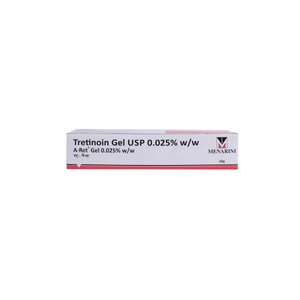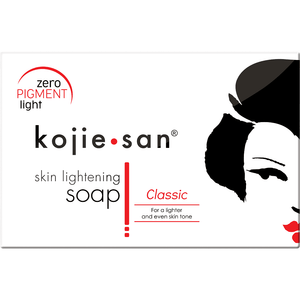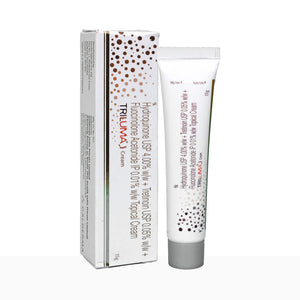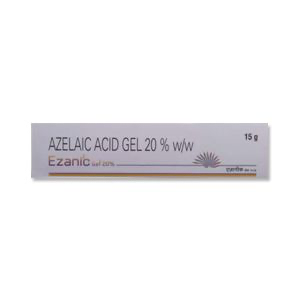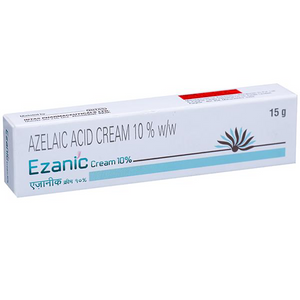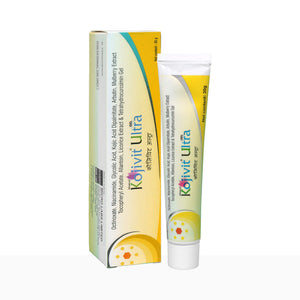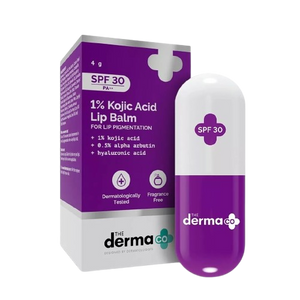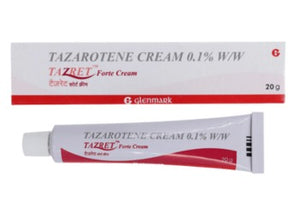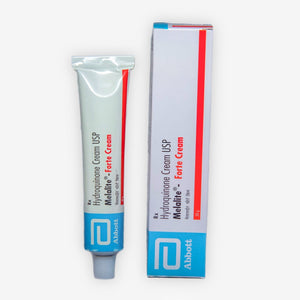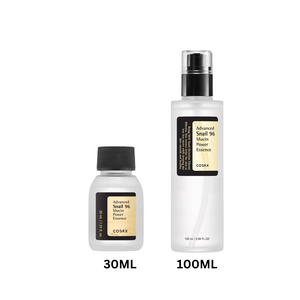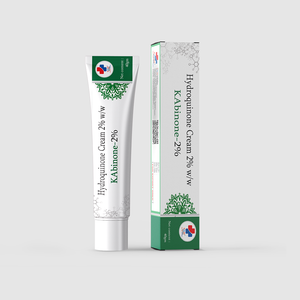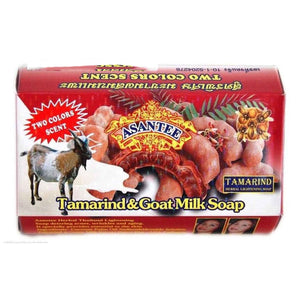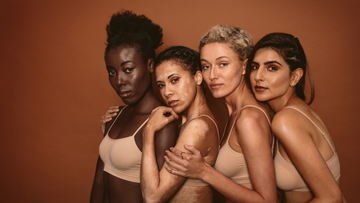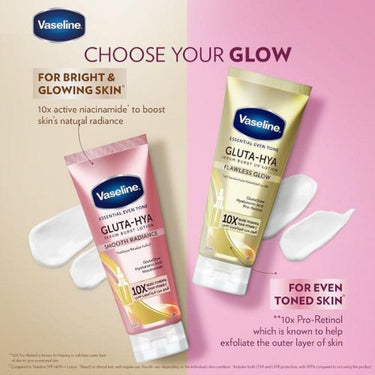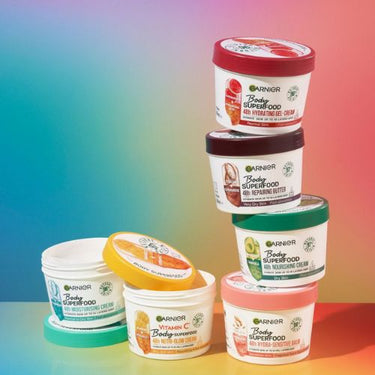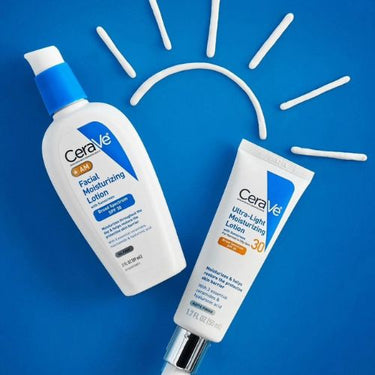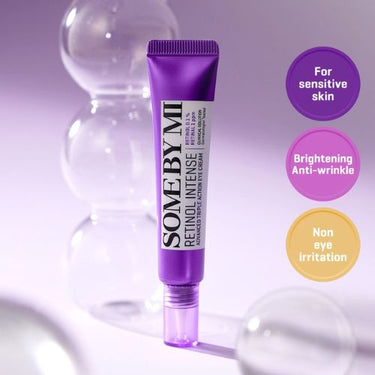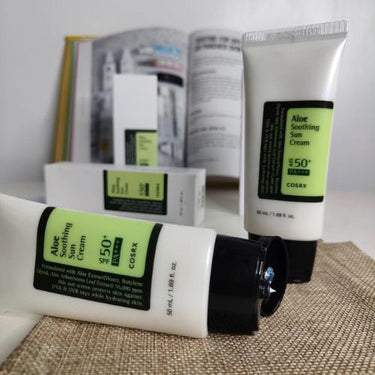OILY SKIN
Oily skin is a skin type characterized by excess sebum (oil) production. It can lead to a shiny complexion, enlarged pores, and an increased likelihood of acne and blackheads.
Here's everything you need to know about oily skin, including causes, care, and tips for managing it:
SIGNS OF OILY SKIN
- Excessive shine, especially in the T-zone (forehead, nose, and chin).
- Enlarged and visible pores.
- Frequent acne breakouts, including blackheads and whiteheads.
- Makeup that tends to "melt" or wear off quickly.
- Skin that feels greasy, particularly in the afternoon or evening.
SKINCARE TIPS FOR OILY SKIN
Cleansing:
▶Use a gentle, foaming, or gel-based cleanser designed for oily skin to remove excess oil and impurities.
▶Cleanse your face twice daily, in the morning and before bed.
Exfoliation:
▶Regular exfoliation (1-3 times a week) helps remove dead skin cells that can clog pores.
▶Use a chemical exfoliant (salicylic acid or glycolic acid) or a physical exfoliant (gentle scrub) suitable for your skin type.
Moisturizing
▶ Even oily skin needs hydration. Use a lightweight, oil-free, non-comedogenic moisturizer to maintain the skin's moisture balance.
▶Sun Protection: Always use a broad-spectrum sunscreen with at least SPF 30, as some acne treatments and sunscreens can make your skin more sensitive to the sun.
Avoid Harsh Products
▶Avoid products with harsh ingredients like alcohol, which can strip the skin and worsen oiliness.
▶Oil-Control Products: Consider using products formulated to control oil, such as oil-absorbing sheets or mattifying primers.
Non-Comedogenic Makeup
▶Opt for non-comedogenic makeup products to avoid clogging pores.
Consult a Dermatologist
▶If your oily skin is severe or accompanied by persistent acne, consult a dermatologist for personalized treatment options.
LIFESTYLE FACTORS:
Diet
▶A balanced diet with plenty of fruits, vegetables, and water can help improve
skin health.
Stress Management
▶Stress can exacerbate oil production, so practice stress- reduction techniques like meditation or yoga.
Hydration
▶Drinking enough water can help maintain overall skin health.
Avoid Touching Your Face
▶Touching your face can transfer oil and dirt, potentially leading to breakouts
ESSENTIAL SKINCARE PRODUCTS FOR OILY SKIN
⏺Look for a gentle, foaming, or gel-based cleanser that is specifically formulated for oily skin.
⏺Avoid harsh cleansers that can strip the skin of its natural oils, as this can lead to increased oil production.
Cleanser:
⏺A toner with ingredients like salicylic acid or witch hazel can help balance oil
production and minimize the appearance of pores.
⏺Avoid toners that contain alcohol, as they can be too drying for oily skin.
⏺Toner Consider a serum containing ingredients like niacinamide, salicylic acid, or hyaluronic acid, depending on your specific concerns.
⏺Serums can address issues such as oil control, acne, and hydration.
Serum:
⏺Choose a lightweight, oil-free, or non-comedogenic moisturizer to hydrate your skin without making it feel greasy.
⏺Gel-based moisturizers are often a good option for oily skin.
Moisturizer:
⏺Opt for a broad-spectrum sunscreen with at least SPF 30 that is oil-free and non-comedogenic.
⏺Sunscreen is essential to protect your skin from UV damage and prevent premature aging.
Sunscreen:
⏺If you have acne-prone oily skin, consider a spot treatment with benzoyl peroxide or salicylic acid to target blemishes.
Acne Treatment:
Regular exfoliation helps remove dead skin cells and prevent clogged pores. Look for a chemical exfoliant with salicylic acid or glycolic acid.
Start with a lower concentration and gradually increase the frequency to avoid over-exfoliation.
Exfoliant:
A hydrating facial mist with ingredients like aloe vera or glycerin can help
refresh your skin without making it greasier.
Hydrating Mist:
TARGETED SERUMS FOR OLY SKIN
Salicylic Acid: This beta hydroxy acid (BHA) is excellent for oily skin. It penetrates the pores, exfoliates the inside of the follicles, and helps to reduce acne breakouts and blackheads.
Niacinamide (Vitamin B3): Niacinamide helps regulate sebum production, reduce inflammation, and improve the skin's overall texture. It's a versatile ingredient that suits most skin types.
Hyaluronic Acid: While it's not targeted at reducing oil production, hyaluronic acid can help balance hydration in the skin, preventing it from overproducing oil to compensate for dryness.
Retinol (Vitamin A): Retinol can be beneficial for oily skin as it promotes cell turnover, unclogs pores, and helps reduce the appearance of acne scars and fine lines. Start with a lower concentration and gradually increase to avoid irritation.
Glycolic Acid: This alpha hydroxy acid (AHA) exfoliates the skin's surface, helping to improve skin texture and reduce excess oil. It can be effective for oily skin but may increase sensitivity to the sun, so be sure to use sunscreen.
Tea Tree Oil: Known for its antibacterial and anti-inflammatory properties, tea tree oil can help combat acne and reduce oiliness when used in a serum with a carrier ingredient.
Witch Hazel: Witch hazel is a natural astringent that can help tighten pores and control excess oil production.
Green Tea Extract: Green tea is rich in antioxidants and has anti-inflammatory properties that can help soothe irritated skin and reduce redness associated with acne.
Charcoal: Charcoal-infused serums can help absorb excess oil and impurities, making them a good choice for oily skin types.
Vitamin C: Vitamin C serums can help with oil control and brightening the skin. Look for oil-free or lightweight formulations.
Remember that consistency is key when it comes to skincare. It may take
some time to find the right combination of products that work best for
your oily skin, so be patient and monitor how your skin responds to each
product. Additionally, consider consulting a dermatologist for
personalized recommendations and guidance on managing your oily skin.
